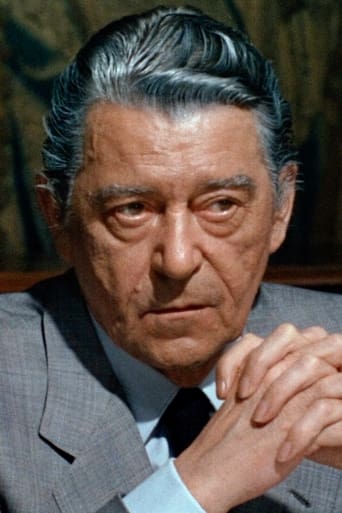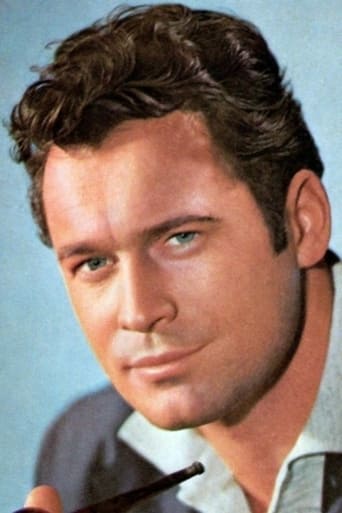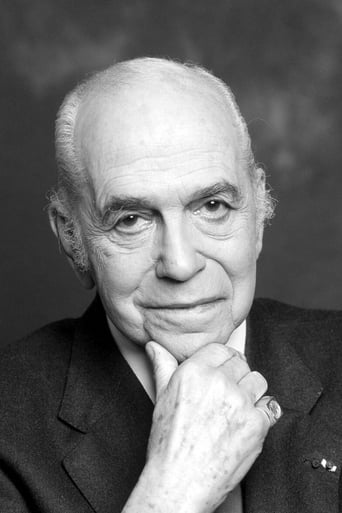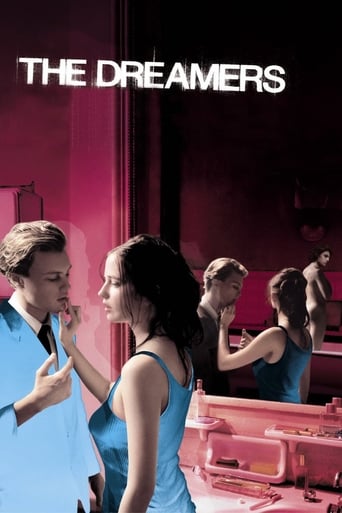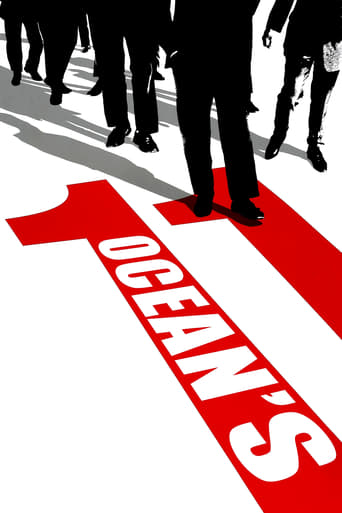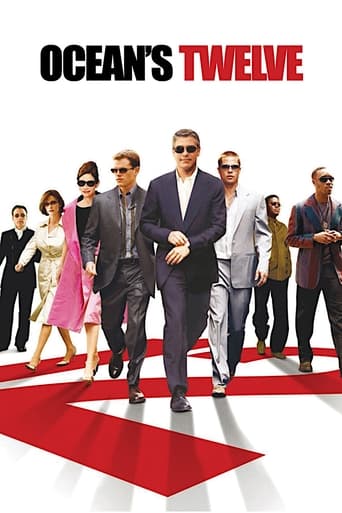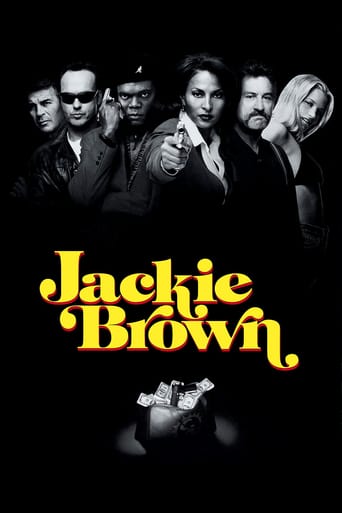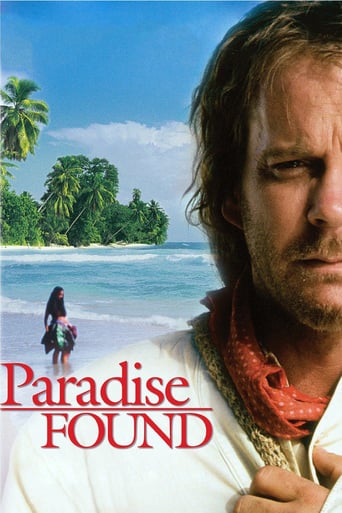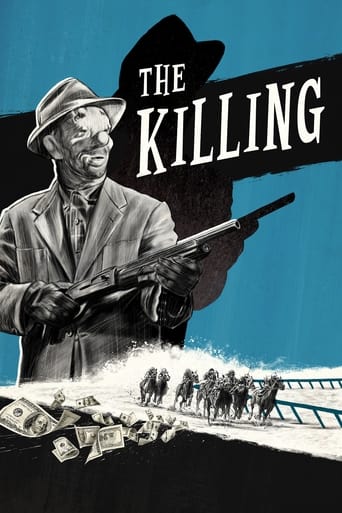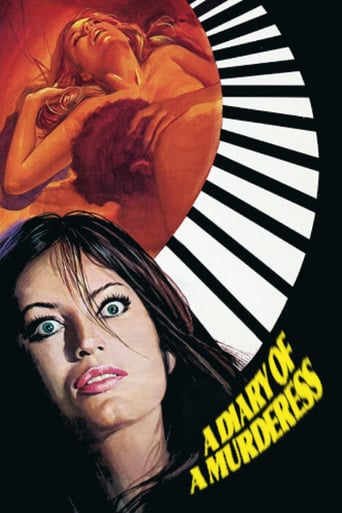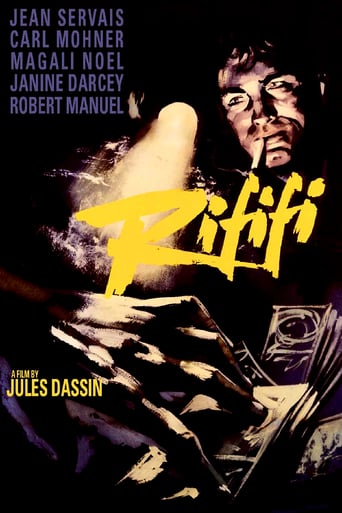
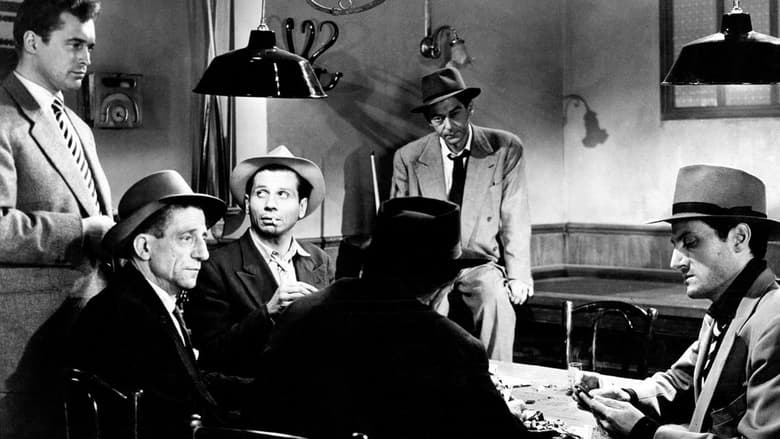
Rififi (1955)
Out of prison after a five-year stretch, jewel thief Tony turns down a quick job his friend Jo offers him, until he discovers that his old girlfriend Mado has become the lover of local gangster Pierre Grutter during Tony's absence. Expanding a minor smash-and-grab into a full-scale jewel heist, Tony and his crew appear to get away clean, but their actions after the job is completed threaten the lives of everyone involved.
Watch Trailer
Cast


Similar titles
Reviews
Strong and Moving!
A movie that not only functions as a solid scarefest but a razor-sharp satire.
This is a coming of age storyline that you've seen in one form or another for decades. It takes a truly unique voice to make yet another one worth watching.
The acting in this movie is really good.
Regarded by many critics as the finest film noir ever made, the 1955 Rififi directed by Jules Dassin is available on a 7/10 Criterion DVD. (Why only 7/10? Two image break-ups, including an extended impasse at the beginning of the robbery which undermines this sequence).My personal opinion is that the movie runs far too long and tends to out-stay its welcome, thus allowing the viewer to focus on holes in the plot. For example, I feel trims should have been made to Magali Noel's rendition of the title song, as well as the ailing Jean Servais' climactic drive to Tonio's home, both of which seem to go on forever. The famous, no-dialogue robbery sequence, on the other hand, is commendably taut. Aside from Jules Dassin himself, who, despite his curiosity value, makes an unconvincing Italian romantic, the cast rates as uniformly fine. Servais is especially impressive. Great lighting photography by Agostini and moody sets by Trauner (as well as the inspired use of real Parisian locations) help secure Rififi a place on anyone's must-see list.
(Flash Review)This well-paced jewelry heist film has many unique scenes and stellar cinematography. Tony, just released from a five year stint in prison is ready to return to his old ways with his old pals as they have a solid caper strategized. Like many heist and gangster films, there are a few different groups of thieves attempting to outsmart the other to be the last ones standing at the end or with jewels. Beyond those aspects, the most famous part of this film is the brilliant heist scene. The director puts a lot of time into how the main thieves plan and practice, through trial and error, how to beat the alarm system. Just like with the planning, during the heist there is minimal dialog and no music so the viewer is affixed to the scenes eagerly awaiting how things will play out. There are many gritty scenes and interesting characters and this all takes place in classic Paris. A standout film in the Noir era.
This smart and gritty French film about a heist does not disappoint. Jean Servais plays a tough guy who has just gotten out of prison and gets an offer to knock off a high-end jewelry store. The opening scenes that establish the four thieves are memorable – Tony (Servais) running out of money while playing cards, Jo (Carl Möhner) and his young family, who will figure prominently in the film, Mario (Robert Manuel) getting bathed by his buxom wife (Claude Sylvain), and Cesar (director Jules Dassin), the expert safecracker who falls for Viviane (Magali Noel) as she sings the playful title song in a nightclub. The club is owned by Grutter, the leader of a gang, and rival for Tony's old girlfriend Mado (Marie Sabouret), and it's these two guys, Grutter and Tony, who will ultimately have to square off. I have to say the early scene in which Tony tracks Mado down and then forces her to completely strip before beating her with a belt (off-screen) is very disturbing, particularly as we're going to find ourselves rooting for him later in the film. It does establish him as a heavy though, loyal to the gang but if betrayed, merciless, which is consistent how he acts later. I can't recall Servais cracking a smile in the entire film, and he plays the role beautifully.The robbery itself is shown masterfully by Dassin. In the planning stages, only a couple of the ways in which the thieves will pull it off are shown, an example of which is figuring out how to use a fire extinguisher to muffle the then state-of-the-art alarm system. The execution of the crime is highly realistic, and I love how he used minimal dialog and music, so that the actions and facial expressions of the actors tell the story. If only there were more films today that took a lesson from him! We also see a flaw that will lead to problems for them, and the film is far from over after the crime – further drama and real tension await, but I won't spoil it.If you're looking for a caper film that among a few others set the blueprint for the genre, this is it. I found out later Dassin had been blacklisted by Hollywood, and was even happier for the triumph of his fantastic direction here. The script is taut, there are no wasted scenes, and on top of it all there are great shots outdoors in Paris. Don't be frightened by the subtitles or by the fact it's black and white and was made in 1955 – it all holds up very well, and is superior to most of the action films of today.
Nobody does noir like the French. They invented it, and although American and Japanese directors have made exceptional entries in the genre, the French still do it best. For evidence, I present exhibit A, Rififi, one of the greatest gangster/heist movies ever made. Aging gangster Tony, just out of prison, gathers his friends for one last job; cracking the safe at Paris's finest jeweler. It will be the most ambitious job of their careers, with an incredible payoff. And it doesn't end with the heist either. When rival gangster Pierre realizes what they've done and decides he wants in, everything they've accomplished is put in jeopardy.Rififi doesn't waste much time establishing the characters or the setup. Back-story isn't a major concern here. Each man has his own life and personality, but the important thing is that when it comes to business, Tony, Jo, Mario and Caesar are dead serious. They know the rules, and the stakes, and are the absolute best at what they do. Their preparations are complex and painstaking. Casing the joint, memorizing the opening times of the surrounding businesses, finding a way to defeat the alarm system, all are done with the utmost care.All of this leads up to one of the tensest scenes in all cinema; the heist itself. Over half an hour, with no music or dialogue, only the (very quiet) sounds of the men at work. And what work it is. Watching these four men chisel their way through the roof, disable the alarm, and crack the safe is like watching Michelangelo sculpt or Arnold Palmer play a round of golf. It is pure precision, with no margin for even the slightest error. And what creativity they bring to their trade! I have never seen such ingenious uses for a tube of caulk or an umbrella.Most films would have difficulty going this long without sound, but here the silence is an asset. The lack of sound underscores the fact that their work relies on near-total silence. Because there is no music or other background noise, we are keenly aware of every clink of the hammer, every rattle of loose concrete, and the fall of every footstep. The silence creates tension more effectively than any ominous music could. And all the while the clock is, quite literally, ticking. Time itself is their enemy. If Rififi ended with the successful conclusion of their daring burglary, it would be a very good movie. But it does not satisfy itself with a simple happy ending. As in so many of the best noirs, the second half tells how the best plans go awry, and everything begins to fall apart. A minor act of carelessness makes them targets of the most ruthless crime boss in Paris. The body count rises alarmingly, and the bad guys soon gain what is arguably the ultimate leverage.The last act is a masterwork or growing tension, sudden reversals, and hard decisions. And the final scene, which I will not give away, is probably the best of all. The pounding, ominous music, the rapid series of cuts, and the gravity of the situation contrast with the innocence of a young child in a way that is simply incredible. Rififi is fully equal- and perhaps superior to- Chinatown, The Big Heat, or Le Samourai. If you are a fan of classic noir, I highly urge to see this film.


